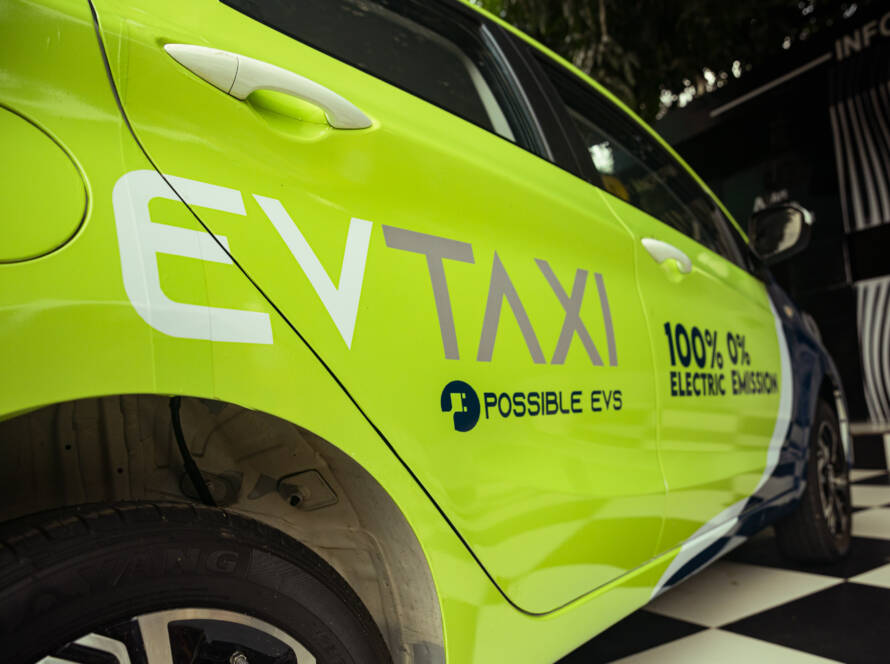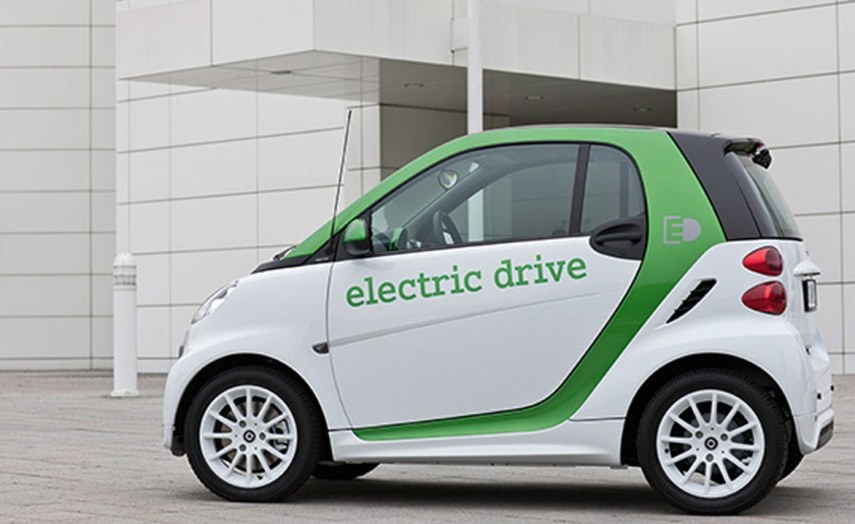In Nigeria, transportation costs often rank as one of the largest household expenses. Switching to electric vehicles (EVs) can significantly reduce these costs and offer numerous financial benefits. Driving electric in Nigeria includes benefits from stable electricity prices to lower maintenance costs. Here are some of the key ways driving an electric vehicle can save you money in Nigeria.
Lower Fuel Costs
Electricity is substantially cheaper than petrol in Nigeria. The cost of fueling an electric vehicle is often less than half of what it costs to fuel a traditional petrol-powered vehicle. While petrol prices fluctuate and can be quite volatile, electricity prices remain relatively stable. This stability makes it easier to budget for transportation expenses and ensures you save more in the long run.
Stable and Predictable Energy Prices
Petrol prices in Nigeria are subject to frequent changes due to various economic factors, including international oil prices and government policies. In contrast, electricity prices are more stable and predictable. This stability means that the cost of charging your EV is unlikely to see the same sharp increases that petrol prices often do, providing a more reliable and manageable expense.
Government Incentives
The federal government is increasingly supportive of sustainable transportation solutions. Recently, the president placed a ban on the buying of petrol-powered vehicles by Nigerian ministries, agencies, and departments. All MDAs are required to use only low-emission vehicles such as compressed natural gas vehicles and electric cars. While specific incentives may vary, there are often tax benefits and import duty waivers for electric vehicles. These incentives help reduce the upfront cost of purchasing an EV, making it less expensive for Nigerian consumers.
Lower Charging Costs
Charging an EV is both cheaper and more convenient than refueling with petrol. Many EV owners charge their vehicles at home overnight. Nigerian electric vehicle companies such as Possible EVS charge surprisingly low rates for EV charging, further reducing the cost of refueling your EV. Additionally, with solar power becoming more accessible, you can even charge your EV using renewable energy, cutting costs even more.
Reduced Maintenance Costs
Electric vehicles have fewer moving parts compared to traditional petrol-powered cars. This means there are fewer components that can wear out or break down. EVs don’t need oil changes, transmission repairs, or exhaust system fixes. Regenerative braking systems also mean that brake pads last longer. All these factors contribute to significantly lower maintenance costs over the lifespan of an EV.
Improved Resale Value
As the demand for electric vehicles grows, so does their resale value. EVs are becoming more popular as consumers become more environmentally conscious and as fuel prices continue to rise. An electric vehicle, especially a well-maintained one, can fetch a higher resale price compared to a traditional petrol vehicle, ensuring that you retain more value from your investment.
Fewer Emissions, More Savings
Driving an electric vehicle helps reduce your carbon footprint, contributing to a cleaner environment. This positive environmental impact can translate to financial benefits as well, especially as the government takes more steps to introduce low-emission zones and offer incentives for low-emission vehicles.
Extended Battery Life
Modern electric vehicles are equipped with advanced battery technologies that ensure long-lasting performance. Many manufacturers offer warranties of up to eight years on EV batteries. This longevity means that your primary expense – the battery – is covered for a substantial period, offering peace of mind and financial savings.
Potential for Solar Integration
Nigeria’s abundant sunshine makes solar power a viable option for charging electric vehicles. Investing in solar panels for your home can allow you to generate your own electricity, effectively reducing your reliance on the national grid and cutting your charging costs to almost zero. This setup not only saves money but also promotes renewable energy use.
Driving electric in Nigeria, whether it’s a luxury car like Telsa or a passenger vehicle like an e-buse or e-taxi, can offer many financial benefits, from lower and more stable fuel costs to reduced maintenance expenses. The growing availability of government incentives and the potential for solar integration further enhance these savings. By choosing to drive electric in Nigeria today, you make a smart economic decision and contribute to a cleaner, more sustainable future. With the advantages of EVs becoming more apparent, now is the perfect time to consider making the switch. Possible EVS is here to make the switch seamless and enjoyable for you.


